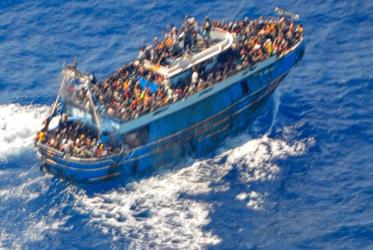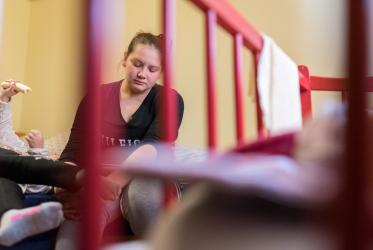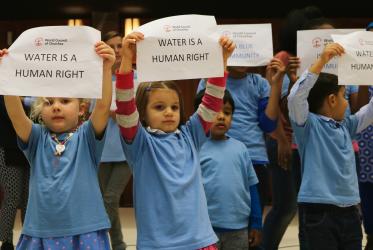Displaying 1 - 14 of 14
WCC Eco-School begins in Crete
15 November 2023
Ukraine: Responding to humanitarian need
08 September 2022
Churches should use their voice on climate change
26 February 2020
G7 must address famine
22 May 2017
Tveit on the “Ten Commandments” of food
26 January 2016
Land rights focus of panel discussion
17 November 2015
After Busan: A pilgrimage of justice and peace
29 January 2014











